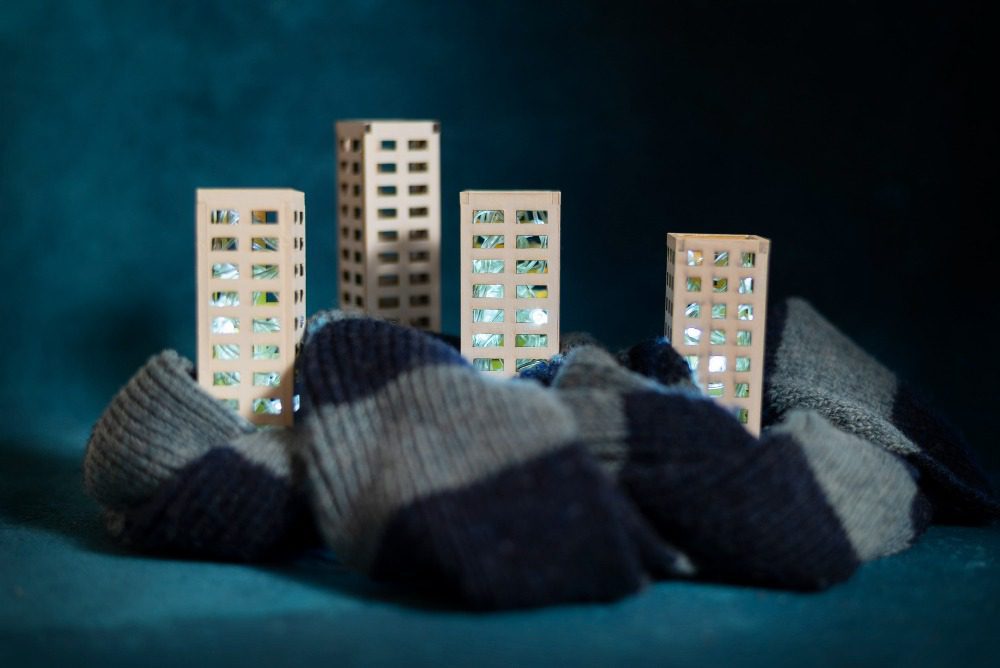Picking the right floor in an apartment building isn’t just about what you like—it’s a choice that affects how you live, how comfortable you feel, and even how valuable your property will be later. Whether you’re renting or buying, taking a closer look at all the little details can help you land on the best option. Let’s break it down step by step so you can make a confident choice.
Understand Your Priorities
The first step to picking a floor in an apartment building is knowing what you and your family really need. Do you want a quiet place, easy access, or an amazing view? Your everyday life will play a big part in this decision.
For example, if you have young kids, you might like lower floors so it’s easier to get outside. But if you work from home, higher floors could be better since they usually get more sunlight and have fewer distractions.
Think About Accessibility
Getting in and out of your apartment easily is a big deal, especially if you have elderly family members or someone with mobility issues. Lower floors make life simpler since stairs and elevators are right there when you need them.
If you’re in a high-rise with lots of elevators, though, upper floors might not be much of a hassle. Just make sure those elevators are dependable and in good shape—nobody likes getting stuck waiting for a lift that doesn’t work.
Think About Noise
Noise can really impact how comfortable you feel in your apartment. Lower floors usually have more noise from things like street traffic, playgrounds, or people coming and going at the building’s entrance.
Higher floors are typically quieter, but you should also watch out for noise from rooftop spaces, like pools or gyms. A good idea is to visit the building at different times of the day to get a sense of how noisy it might be.
Look at Natural Light and Airflow
Higher floors usually get more sunlight and better airflow, making the space brighter and more refreshing. If you love having a lot of natural light around, you might lean toward an upper floor.
That being said, lower floors can be nice too, especially if they have trees or greenery nearby that give a relaxing vibe. Try to check out the apartment during the day to see how much light comes in and how fresh the air feels.
Think About Safety
Safety is a big deal when you’re deciding which floor to live on. Lower floors are usually easier for burglars to target, especially if they have balconies or windows someone could reach.
On the flip side, higher floors tend to feel more secure, but getting out quickly during an emergency, like a fire, can be trickier. Make sure the building has solid safety features like fire escapes, sprinklers, and emergency plans.
Check for Views and Privacy
The view from your apartment plays a big role in how much you’ll love living there. If you’re up on a higher floor, you could get some stunning views of the city or any nearby parks, which can really set the mood.
But, if you’re on a lower floor, privacy might be an issue—especially if your windows face busy areas or places people pass by a lot. So, think about what’s more important to you: a beautiful view or a quiet, private space where you can relax.
Factor in Energy Efficiency
The floor you choose can actually affect your energy bills. For example, if you live in a hotter area, lower floors tend to stay cooler on their own, so you might not have to run the AC as much.
But, if you’re in a colder spot, higher floors can trap heat better, which means you won’t need the heater on as often. Before making your decision, take a close look at the building’s insulation and how it deals with temperature changes.
Analyze Resale Value
If you’re buying the apartment as an investment, think about how much you could sell it for later. Higher floors usually go for more because of the better views and less noise.
But in some places, lower floors might be more popular, especially if elevators aren’t always reliable. Do some research on local real estate trends so you can make a smart move.
Think About Moving Convenience
Moving your stuff into your apartment can be a pain, especially if you’re on a higher floor. Elevators help, but there might still be limits on what can fit.
If you plan on moving often or have large furniture, lower floors could be a lot easier. Or, check if the building has a freight elevator or offers any help with moving.
Consider Building Amenities
Where the building’s amenities are located can play a big part in your decision. If the gym, pool, or common areas are on the ground floor, you might want a lower floor for easy access.
But, being too close to these spots could mean more noise and less privacy. You’ll want to balance how close you are to them with how comfortable you feel.
Understand Maintenance Costs
In some buildings, maintenance fees can change depending on the floor. Higher floors might cost more because of things like more elevator use or better views.
Make sure you know all the costs before you commit to a floor. This way, you won’t get hit with any surprise expenses and can stick to your budget.
Evaluate Emergency Preparedness
Emergencies like power outages or natural disasters can make higher floors tricky. Trying to climb several flights of stairs during a power outage isn’t fun.
If you’re worried about emergencies, lower floors might be a better bet. See if the building has backup generators, emergency exits, and other safety features in place.
Take Building Height into Account
The height of the building can definitely influence your choice. In a mid-rise, a middle floor might be the sweet spot, offering a good mix of easy access and nice views.
In a high-rise, lower floors might feel too far from everything, while the top floors could feel too isolated. It’s a good idea to visit different floors to find the one that feels right for you.
Consider Future Development
Check out what’s planned for the area around your building. A new building next door could block your views, which would be a bummer.
Staying on top of local construction plans can save you from any surprises down the road and help keep the value of your place in check.
Trust Your Instincts
At the end of the day, go with your gut. Even with all the practical stuff to think about, sometimes one floor just feels like the right fit.
Listen to your instincts and notice how comfortable you feel when you visit. Your apartment is your personal space, so pick a floor that matches your vibe and lifestyle.
Conclusion
Picking the right floor in an apartment building is a bit more complicated than it might seem. You’ve got to think about everything—how easy it is to get to, the noise levels, the potential resale value, and even how energy efficient it is. Each of these things will impact your decision. By figuring out what’s most important to you and weighing the good and bad of each floor, you’ll be able to pick the one that fits your lifestyle and future goals best.



